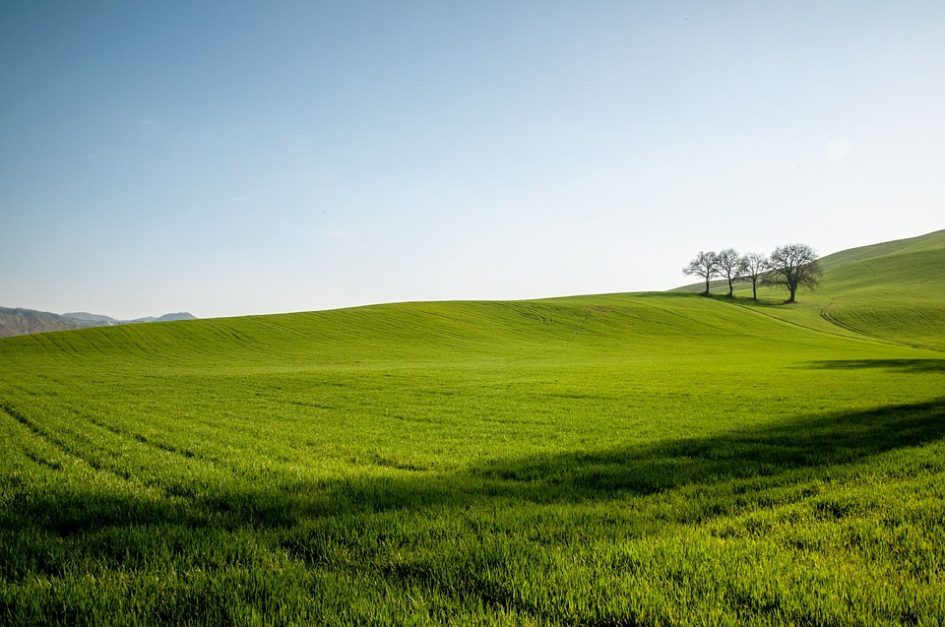For more information, please follow this link: https://apply.interfolio.com/108125
Salary– DOE
The University of Washington (UW) is proud to be one of the Nation’s premier educational and research institutions. Our people are the most important asset in our pursuit of achieving excellence in education, research, and community service. UW is in the greater Seattle metropolitan area, with a dynamic, multicultural community of 3.7 million people and a range of natural environments from mountains to ocean. The UW is a community of 80,000 students, faculty and staff including 25% first generation college students, over 25% Pell Grant students and faculty from over 70 countries.
The Cooperative Institute for Climate, Ocean, and Ecosystem Studies (CICOES) has existed since 1977 for the purpose of fostering research collaboration between UW and the National Oceanic and Atmospheric Administration (NOAA). CICOES’s research is at the forefront of investigations on climate change, ocean acidification, fisheries assessments, and tsunami forecasting.
Position Description:
CICOES has an outstanding opportunity for a postdoctoral scholar to conduct research in Arctic marine chemistry and ocean biogeochemical modeling. The position will be based at the NOAA Pacific Marine Environmental Laboratory (PMEL), and will be mentored by scientists from both CICOES and NOAA PMEL. The postdoctoral scholar will conduct cutting-edge research using newly developed observational technology to skill test regional biogeochemical model output for the Bering Sea from both a hindcast simulation (1970-present) as well as 4-5 month seasonal forecasts. This work will be in support of ocean acidification products developed to assist NOAA Fisheries management. This project
also intersects with marine Carbon Dioxide Removal (CDR) research conducted at NOAA PMEL due to the necessity of developing validated models to provide Monitoring, Reporting, and Verification (MRV) for proposed CDR techniques. This postdoc position is funded for 1 year with a possible extension for 1 additional year, by a research project led by PI Darren Pilcher and Dr. Jessica Cross, along with collaborators Dr. Brendan Carter and Dr. Wei Cheng.
Major duties include:
• Utilize observational data from a combination of ship-based sampling, moorings, and
autonomous instruments to skill test model output on multiple timeframes.
• Assist in the development of model products used to support NOAA Fisheries management.
• Lead and contribute to publications in peer-reviewed journals, presenting at scientific
conferences, participating in proposal writings.
• Document progress on tasks and communicate progress regularly with other team members and leadership.
The impact of CICOES’s environmental research is felt by communities all over the world, and a broad variety of perspectives and life experiences is essential to the success of this research. We encourage candidates from groups historically and currently underrepresented in this field to apply. Please read about our commitment to diversity, equity, and inclusion here: https://cicoes.uw.edu/about/diversity/.
Postdoctoral scholars are represented by UAW 4121 and are subject to the collective bargaining agreement, unless agreed exclusion criteria apply. For more information, please visit the University of Washington Labor Relations website.
For questions about the position duties, please reach out to Dr. Darren Pilcher at darren.pilcher@noaa.gov . For questions about applying, including potential disability accommodations, please contact Fred Averick at faverick@uw.edu or 206-616-6763
Qualifications
Required qualifications:
-A PhD in oceanography, marine science, or a closely related field.
-A demonstrated ability to work with large scientific datasets.
-A demonstrated ability to clearly communicate complicated ideas through presentations and peer reviewed scientific manuscripts.
-Expert knowledge in the marine carbonate system.
-A strong background in at least one analytical coding language (Matlab, Python, R, etc.).
Desired Qualifications:
– Experience working with computational biogeochemical model output.
– Demonstrated strong organizational skills, attention to detail, and effective verbal and written
communication skills.
– Ability to work independently and as part of a team, interacting cooperatively with people from
diverse backgrounds and academic levels.
– Interest in Arctic marine chemistry, climate change science, and human impacts of changing oceans,
in particular ocean acidification.

